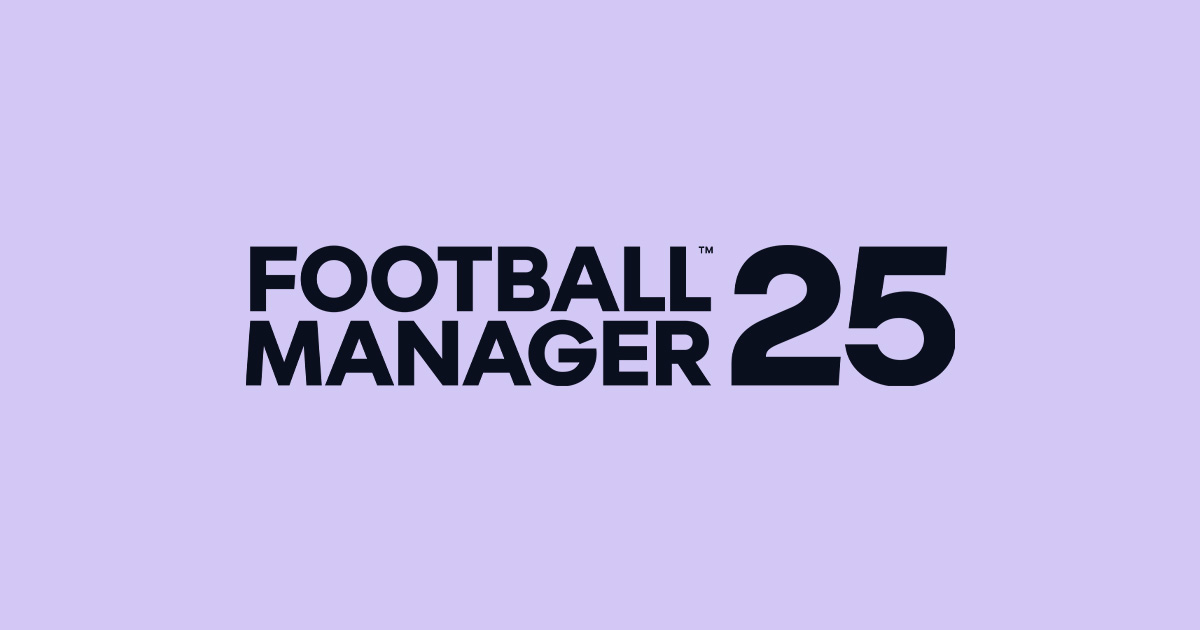

It didn’t air in Canada. What happened was that the Canadian outlet that has the Canadian rights to redistribute 60 Minutes in Canada accidentally made the segment available in their app thinking that it was going to be broadcast. So, the same version of 60 Minutes that aired on CBS in the USA aired in Canada, but the app contained the CECOT segment.




Pop: I have a crush on a boy. World broken? Sorry, um… I don’t follow the news.
Gangsta Rap: I’m the king of this 'hood, and don’t give a shit about anything happening outside of it.
Country: My truck is my whole world, and the world is broken.
Classical: I will describe the great forces at play that are breaking the world using music.